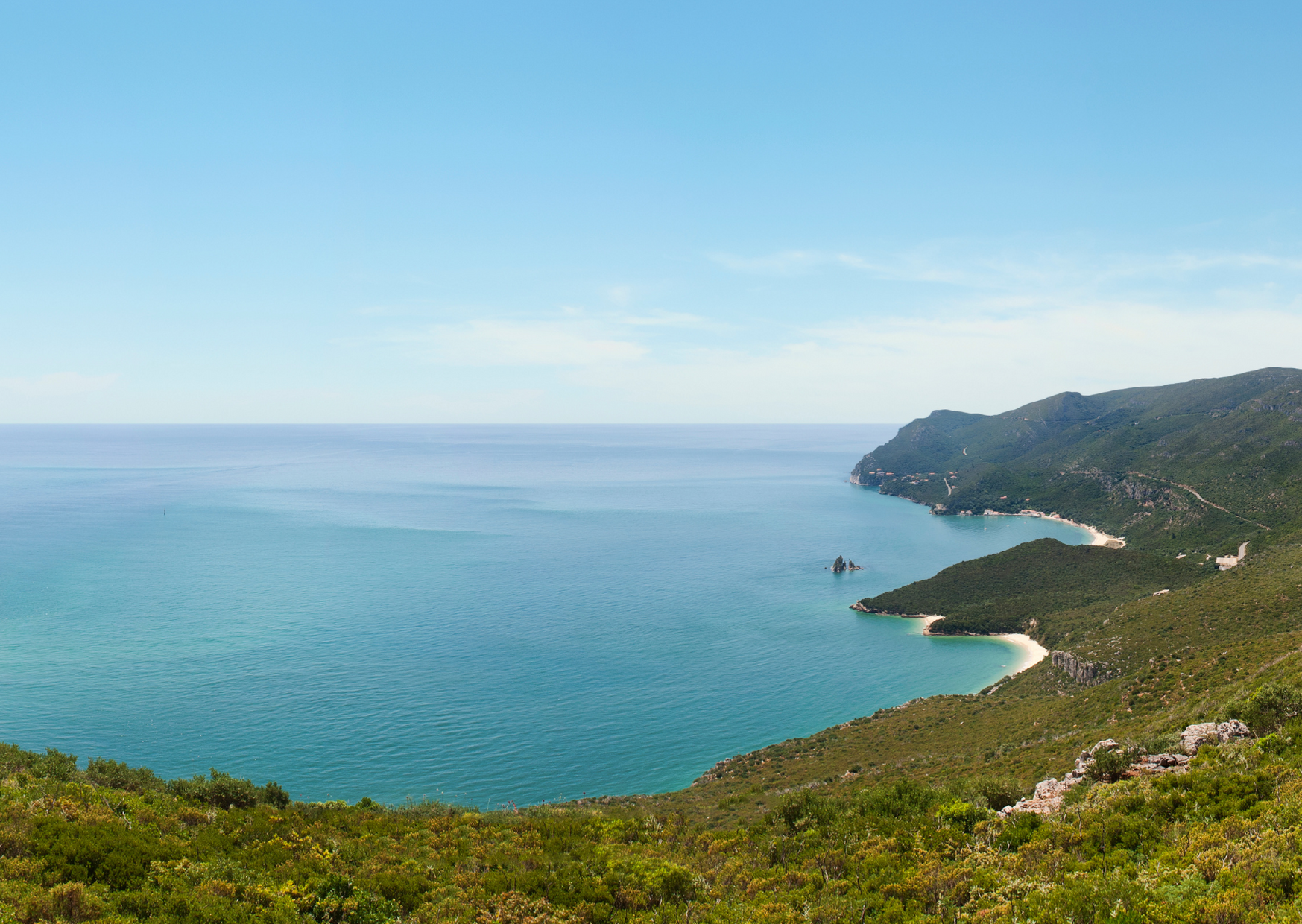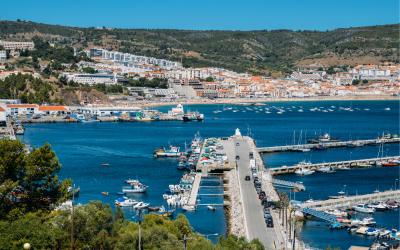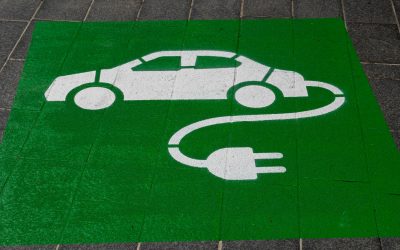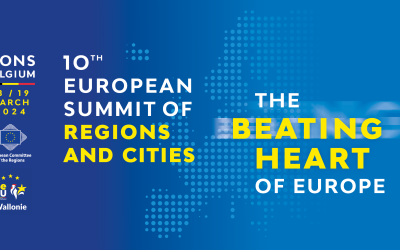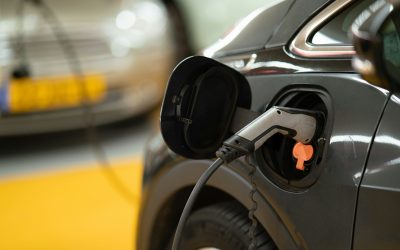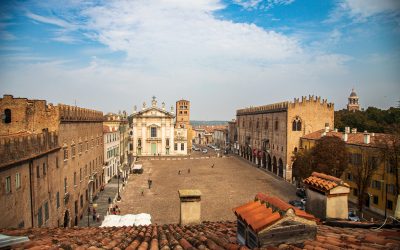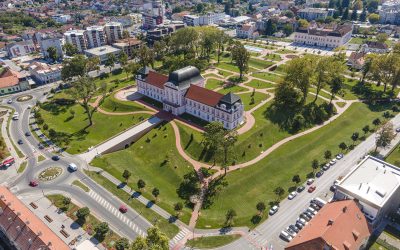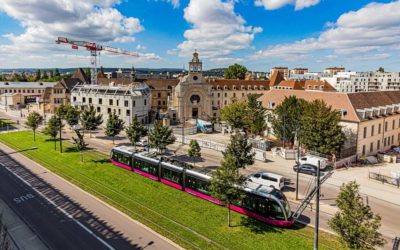Empowering Portuguese municipalities: EUCityCalc paving the way for sustainable and resilient Communities
Palmela, Setúbal, and Sesimbra are towns in Portugal located on the Setúbal peninsula, within the Lisbon Metropolitan Area. These towns boast a beautiful natural landscape.
Palmela is an industrialized area surrounded by three important national protected areas: Arrábida Natural Park, Sado Estuary, and Tagus Estuaries’ Natural Reserves.
Setúbal, the district capital, is situated between land and sea, with protected areas including Arrábida Natural Park and Sado Estuary Natural Reserve. Its economy thrives on agriculture, industry, tourism, commerce, and it houses Portugal’s third-largest harbor.
Sesimbra is renowned for its stunning sandy beaches and relies on fishing, tourism, construction materials, and natural resources for economic development.
According to the Climate Basis Law, local authorities must comply with obligations to develop new climate policies, such as Local Climate Action Plans. The ENA – Energy and Environment Agency of Arrábida has already created the adaptation dimension for Setúbal, Sesimbra, and Palmela by designing their Local Climate Change Adaptation Plans (PLAAC – Arrábida project). Now, the EUCityCalc project will support the mitigation aspect by providing cities with a roadmap for climate decarbonization.
The Challenge of Building Sustainable Towns
These municipalities face the challenge of implementing a responsible and committed energy transition toward climate neutrality. Key challenges include:
- Meeting the increasing energy demand caused by urban population growth while ensuring sustainability and reducing CO2 emissions.
- Transitioning to cleaner energy sources.
- Improving waste management to minimize environmental impact and promote a circular economy.
- Balancing sustainable urban growth with the preservation of natural spaces to maintain biodiversity and ecosystem services.
- Establishing an efficient public transportation network, promoting walking and cycling, and adopting electric vehicles to reduce the environmental impact of transportation.
- Enhancing energy efficiency and reliability of energy infrastructure by modernizing grids, integrating renewable energy sources, and implementing smart technologies.
- Building resilience through infrastructure planning, adaptation strategies, and sustainable urban design to withstand and recover from the effects of climate change.
Stakeholder Engagement is Key to Achieving Climate Neutrality
Local key stakeholders involved in the co-creation process of EUCityCalc include decision-makers, technical experts from the municipalities, local community organizations, environmental NGOs, private sector entities, public institutions, educational and scientific communities, infrastructure and public service providers, and stakeholders from the transport, industrial, agricultural, energy production, and tourism sectors.
Their engagement and motivation are vital for this collaborative process, as they exchange ideas and contribute to designing scenarios and pathways based on their vision and experience.
Building Green, Resilient, and Inclusive Communities with EUCityCalc
The EUCityCalc project will strengthen the capacity of Setúbal, Palmela, and Sesimbra municipalities. This open-source webtool enables cities to visualize and simulate low-carbon scenarios in various energy-relevant sectors such as transport, industry, agriculture, and buildings.
By providing a valuable instrument to design and implement their transition towards climate neutrality, EUCityCalc empowers these municipalities to become leaders in the energy transition. In fact, EUCityCalc allows cities to translate their commitments into tangible and comprehensive decarbonization plans.
It will improve citizens’ quality of life by embracing renewable energy sources, addressing environmental concerns, reducing energy costs, creating job opportunities, fostering community engagement, and promoting technological advancements. Ultimately, the energy transition facilitated by the project has the potential to create sustainable, resilient, and inclusive communities.

